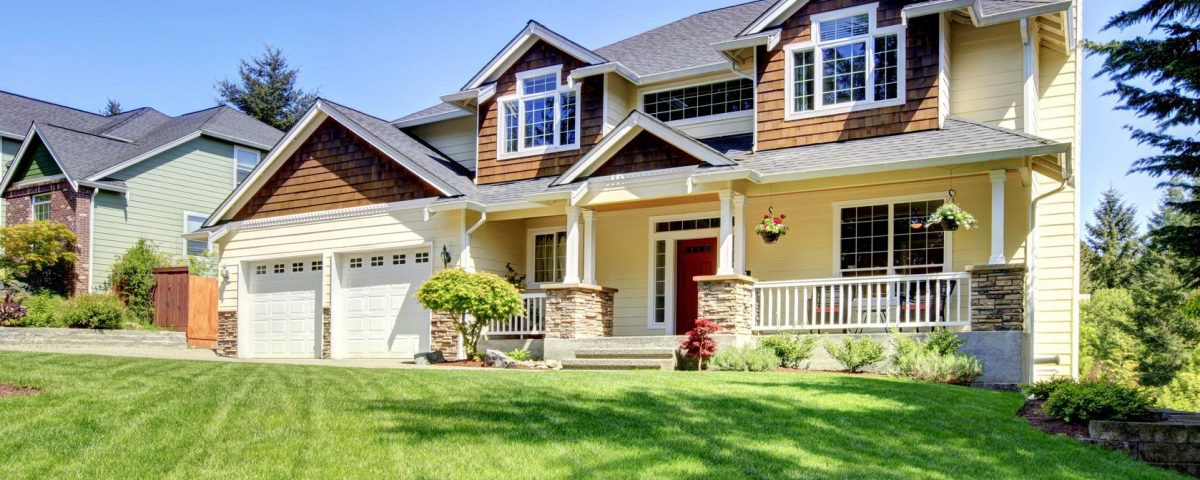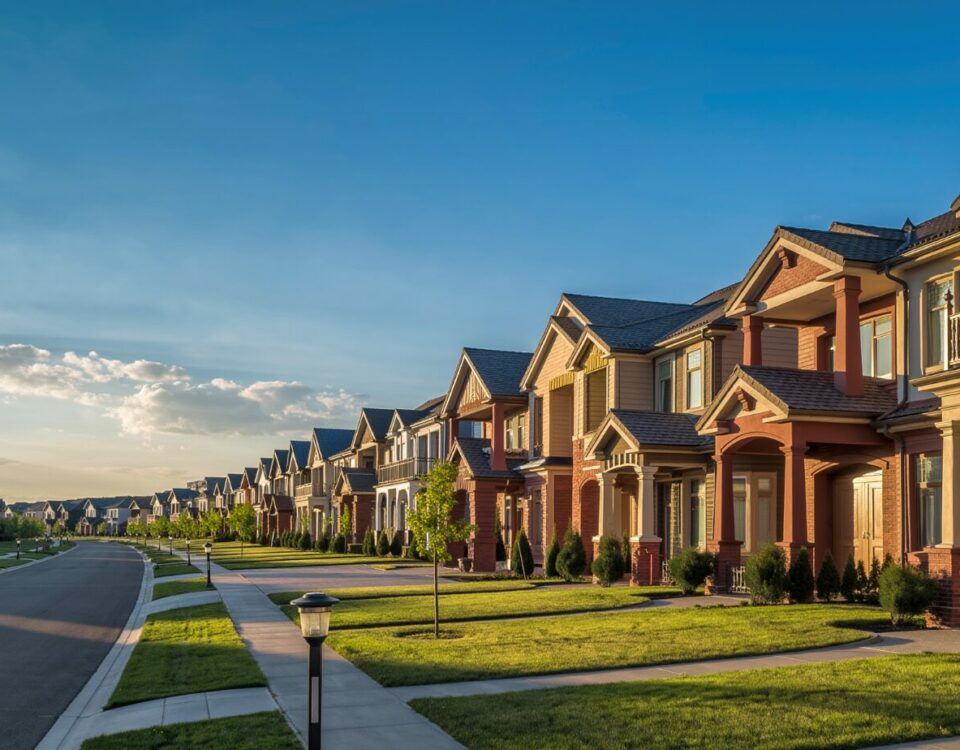- Walk-in Traffic is by Appointment Only - More Details
Charlotte Area Property Taxes

Charlotte Area Home Prices Continue to Increase
January 22, 2017Commuting in Charlotte, NC
February 20, 2017Did you know that most Charlotte area property taxes will make up between five – ten percent of your monthly mortgage payment? If you’re paying cash for a home or buying an investment property and paying taxes on a quarterly or semi-annual basis, do you know how often the county reappraises properties?
North Carolina General Statutes require that all counties conduct a reappraisal of real property at least every eight years, but each county follows its own schedule.
County tax rates that are based on the budgets necessary to provide services to the area, combined with fire district tax rates and other services. These district/town rates are combined with county rates and charged per $100.00 of assessed value unless otherwise stated.
Cabarrus County Property Taxes
Cabarrus County property tax rates vary from 0.2 – 0.63 per $100.00 within the eight main jurisdictions, and .04 – 0.13 within the fire districts.
Cabarrus County conducts property revaluations every four years using neighborhood characteristics and sales history. The next revaluation for Cabarrus County is scheduled for the year 2020.
Gaston County Property Taxes
Gaston County property tax rates (2016) were 0.87 per $100.00 of assessed value, and have been since the year 2013 (Gaston.gov). Municipality tax rates range from zero – 0.53, and the fire district rates range from 0.07 – 0.10.
Gaston County is one of the counties that experienced delays in the reappraisal process since the foreclosure crisis in 2008.
Iredell County Property Taxes
In 2016, the Iredell County property tax rate was 0.52% per $100.00 of assessed value. In addition to the county tax, each city/town within the county has an additional tax rate ranging from 0.10 – 0.58, along with a fire district rate, ranging from 0.06 – 0.07.
Iredell County’s most recent reappraisal became effective in January 2015, and the next revaluation is scheduled to begin in January 2019.
Lincoln County Property Taxes
In Lincoln County, 2016 property taxes rates were 0.611 per $100.00 of assessed value. Each district has a separate tax rate that is combined with the overall county tax rate to determine property taxes. The last revaluation took place in 2015.
Mecklenburg County Property Taxes
Mecklenburg County taxes for 2016 were set at 0.81 per $100.00 of assessed value. Most properties are subject to a city and/or fire district rate and a county rate. Current rates can be found on Charlottenc.gov. The last revaluation took place in 2011, and according to the Charlotte Observer, the next revaluation is expected in 2019. Mecklenburg County offers an online look-up service for property tax bills.
Union County Property Taxes
In Union County, tax rates and fire fees make up the annual property tax bill. Union County’s last revaluation was held in 2015, and that tax rate is listed at 0.278 for the county, with additional fees for towns and fire districts. Rates can be found at www.co.union.nc.us.com.
While most real estate listing sites list the annual property tax fee, be aware that Charlotte area property tax rates vary, and revaluations can cause property taxes to rise.
South Carolina Property Tax Rates (Charlotte Metro)
Lancaster County and York County, South Carolina, are considered part of the Charlotte metro area. Both counties are experiencing high growth rates due to lower property tax rates and vibrant communities with proximity to Charlotte.
South Carolina law requires a property revaluation once every five years. South Carolina property taxes are determined by millage rates, which adds a county base millage rate, a city millage rate, a school district millage rate (except for owner-occupied properties), and other special purpose district mils. A mill is one one-thousandth of a dollar, and in terms of property taxes, is equal to $1.00 of tax dollars for each $1000.00 assessment.
The formula for using millage rates in South Carolina is:
Appraised Value x Assessment Ratio x Millage Rate = Property Tax Amount.
Lancaster County Property Taxes
The 2015 millage rate for Lancaster County was .091, not including school district and municipal millage rates. The Lancaster Auditor provides several links and points of contact for specific inquiries and questions. SCCounties.gov gives a breakdown of using millage rates to determine real estate property taxes in Lancaster County, SC.
York County Property Taxes
The York County Assessor’s Office offers a millage tax rate chart, and identifies 2015 as the most recent year for reassessment. York County offers a discount for primary residences, but homeowners must complete an application form for approval. If you are purchasing a primary residence in York County, SC, be sure to ask your Realtor or closing attorney about this application.
While South Carolina property tax rates tend to be lower than Charlotte area property taxes, some counties in SC charge annual vehicle property taxes. Check with the SC DMV to determine the vehicle property tax rate.




